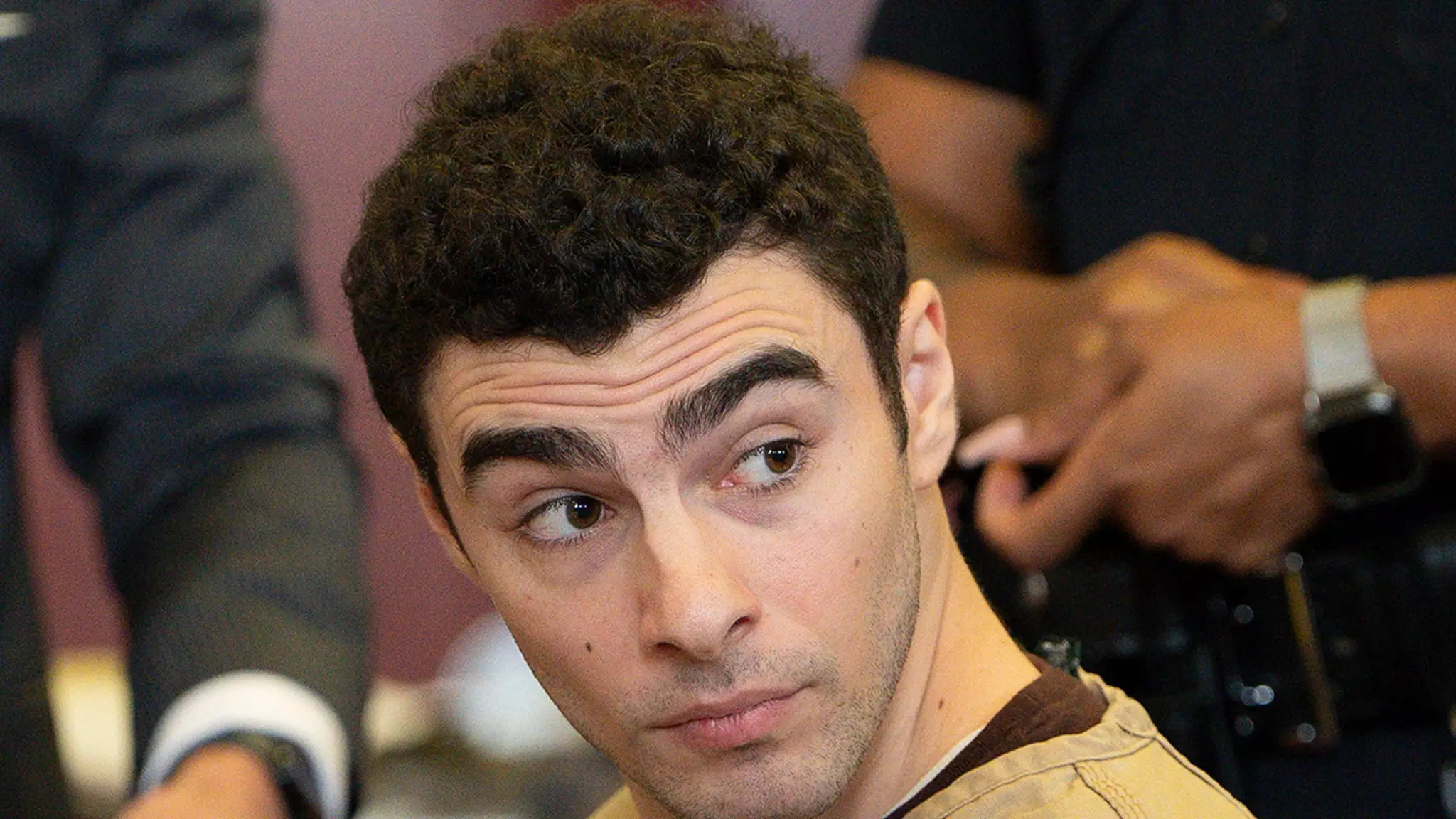The ongoing controversy surrounding Luigi Mangione’s criminal case exemplifies how the pursuit of justice can become overshadowed by legal overreach and political interference. His attorneys are vehemently challenging the integrity of the federal indictment by asserting that constitutional rights have been egregiously violated. Such accusations raise critical questions about the fairness of the legal process in cases where public attention and government interests collide. When law enforcement and prosecutors operate with apparent bias or overstep procedural boundaries, the fundamental principles of justice are compromised. The possibility that Luigi’s rights to a fair trial have been systematically undermined suggests a disturbing tendency toward deterring genuine judicial independence in high-profile cases.
The core of the defense’s argument lies in the allegation that law enforcement agencies engaged in deliberate misconduct designed to weaken Luigi’s legal standing. For instance, leaks of sensitive information and media spectacles aimed at dehumanizing him reflect a troubling hostility that goes beyond standard investigative procedures. When authorities stage displays such as the “perp walk” in front of cameras, it transforms the legal process into a spectacle that prejudices public opinion and potentially influences jury decisions. This manipulation of the media landscape is not just unethical but threatens the core fairness guaranteed by due process. The attorneys convincingly argue that these actions, coupled with inflammatory statements by top officials implying guilt and justifying the death penalty, serve to taint the entire case.
Moreover, the claim that government officials prematurely cast Luigi as a criminal before a proper legal determination exemplifies a dangerous erosion of the presumption of innocence. Statements from figures like the Attorney General, framing Luigi’s alleged actions as “coldblooded” and “premeditated,” are inherently prejudicial. Such pronouncements, especially when disseminated through social media or public statements, risk becoming a bubble that influences not only potential jurors but the broader public discourse. This overriding narrative creates a presumption of guilt that violates the very principles of impartial justice. The defense’s assertion that these actions have compromised Luigi’s right to a fair and unbiased trial merits serious scrutiny and prompts us to reevaluate the boundaries of prosecutorial discretion and political commentary.
The defense’s motion to dismiss the indictment underscores a broader tension in the criminal justice system—how to balance the pursuit of justice with the preservation of constitutional protections. While the government may argue that tough measures are necessary to combat crime, the overarching danger is that such aggressive tactics—if unchecked—can pave the way for miscarriages of justice. The recent dismissal of state terrorism charges against Luigi indicates that even within the legal system, there are limits to how far authorities can go before stepping over constitutional lines. It is crucial that high-profile cases like this serve as a reminder that justice must not be sacrificed on the altar of political expediency or media spectacle.
What this case reveals, beyond the specific allegations, is a profound challenge: safeguarding fairness amid the intense pressure to deliver results, especially when the stakes include the death penalty. The legal community and the public alike must remain vigilant against narratives that compromise due process for the sake of expediency or political gain. The integrity of the justice system depends on strict adherence to constitutional protections, and when those boundaries are cross, the legitimacy of the entire process comes into question. As Luigi Mangione’s attorneys fight to have the indictment dismissed, their struggle underscores an essential truth: true justice is rooted in fairness, and any deviation from that principle risks eroding trust in the very foundation of our legal system.

